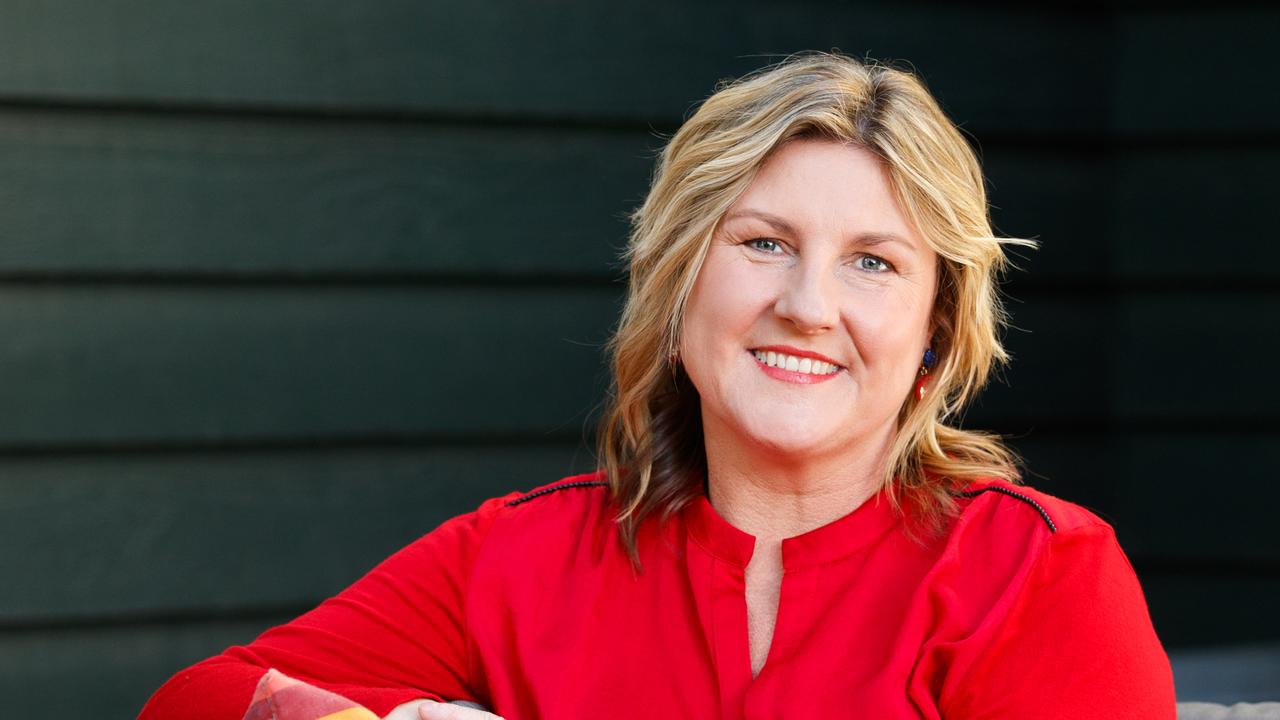Strong digital road map to aid telehealth
Australia needs a strong digital road map to increase momentum for telehealth, the local head of Philips says.

Australia needs a strong digital road map to increase momentum for telehealth, the local head of Philips says and outdated payment models are also in need of an overhaul.
Caroline Clarke, chief executive of ASEAN Pacific at Philips, shared that view following the release of the company’s recent future health index report, which explores the challenges in the deployment of telehealth services in 16 countries, including Australia.
“The report showed that to speed up these new models of care in terms of efficiency and productivity, it was important to have a strong digital road map as a country,” Ms Clarke said.
“What that means is enabling the capture of data and ensuring that patients feel happy that the data is going to be safe.”
The future health index report identifies that the general population in Australia trusts the healthcare industry most with their personal data, compared with banks, insurance and telecoms, but 34 per cent of Australians do not trust any industry with their data. That distrust was highlighted in Australia recently following the rollout of My Health Record and the concerns raised on data security.
“Data has to be securely handled, because if we want people to share their data — and we do believe it is a good thing if people share data and enable these new models of care — then it needs to be done in a safe and secure environment,” Ms Clarke said.
The Philips report reveals the rate of adoption of telehealth solutions worldwide is relatively slow, despite an increase of support for connected care technologies.
“There is momentum in Australia but it is not yet at that place where the reimbursement models have been changed to enable these types of care models,” Ms Clarke said. “The conversations are happening at a state and federal level on how we can move forward, so I think it is recognised, but we are not there yet.”
The report concludes 43 per cent of Australian healthcare professionals surveyed believe making sure people have access to healthcare services when they need them should be a top priority for the government.
Ms Clarke said one of the main barriers to increasing the use of telehealth was outdated reimbursement and payment models.
“If we are an activity-based model rather than an outcomes-based model, then that will be a barrier,” she said.
The results from Australia also show 38 per cent of healthcare professionals agree that accessible, secure information-sharing platforms between healthcare professionals would have the most positive impact on citizens taking care of their health.
“All of the countries surveyed see the need to enhance systems to meet ageing populations,” Ms Clarke said. “They see the role of data and technology to improve access, efficiency and care.”
Of those surveyed, 74 per cent agree that IT-based cloud solutions on communication, record management and reporting would have a positive impact on primary care, hospital or healthcare staff overall.
Ms Clarke said support for telehealth and access to digital health options was being driven by people who wanted to be more empowered to take care of their own health and also people in remote areas who did not feel they had the same access to care as that offered to city patients.
The report concludes telehealth is, in many ways, a moving target that will need to be constantly reassessed.
“It is vital that we do not let adherence to traditional ways of industry thinking hold us back from enabling change,” the report says.


